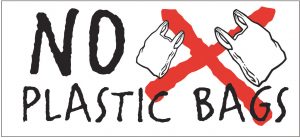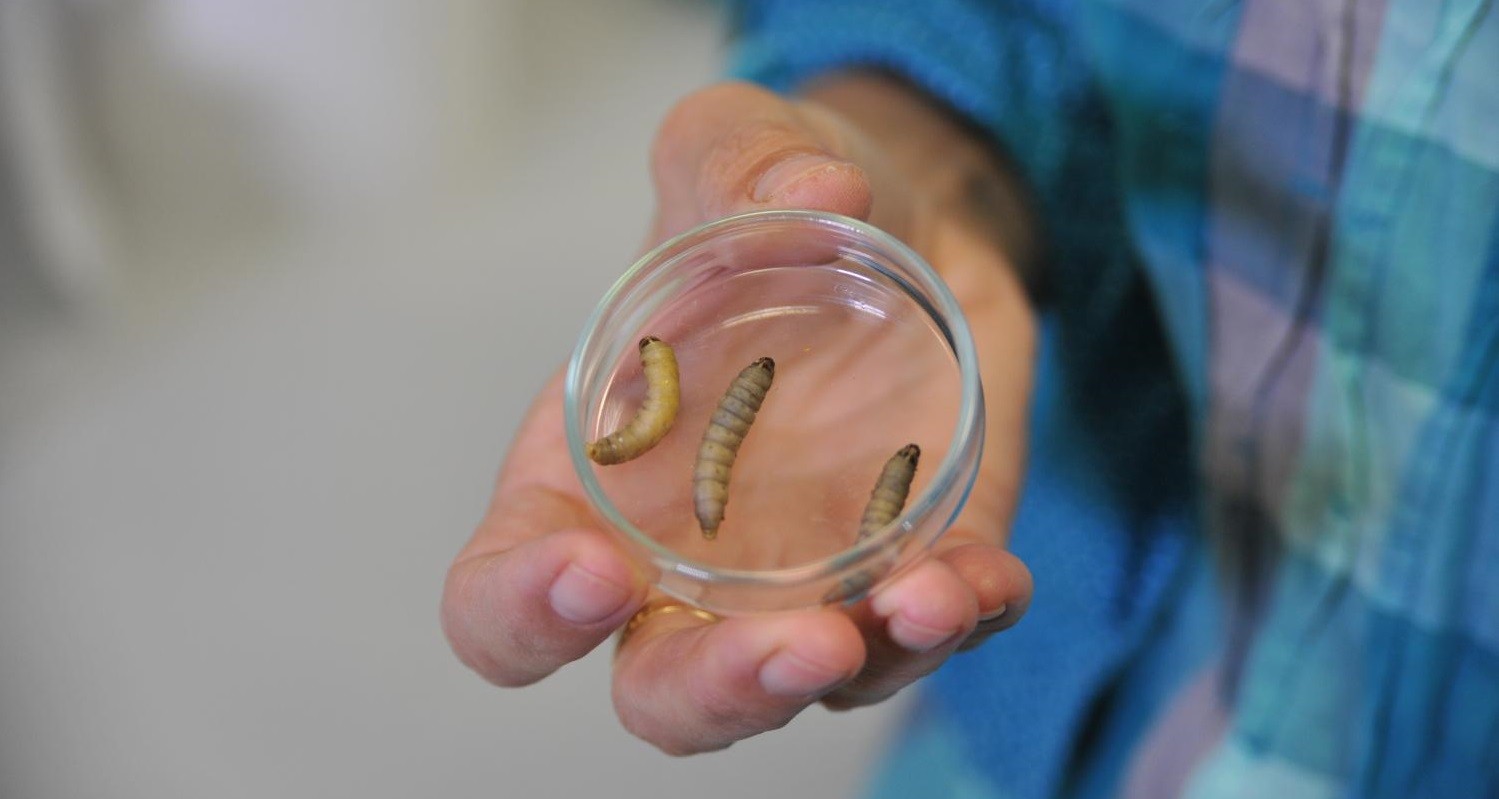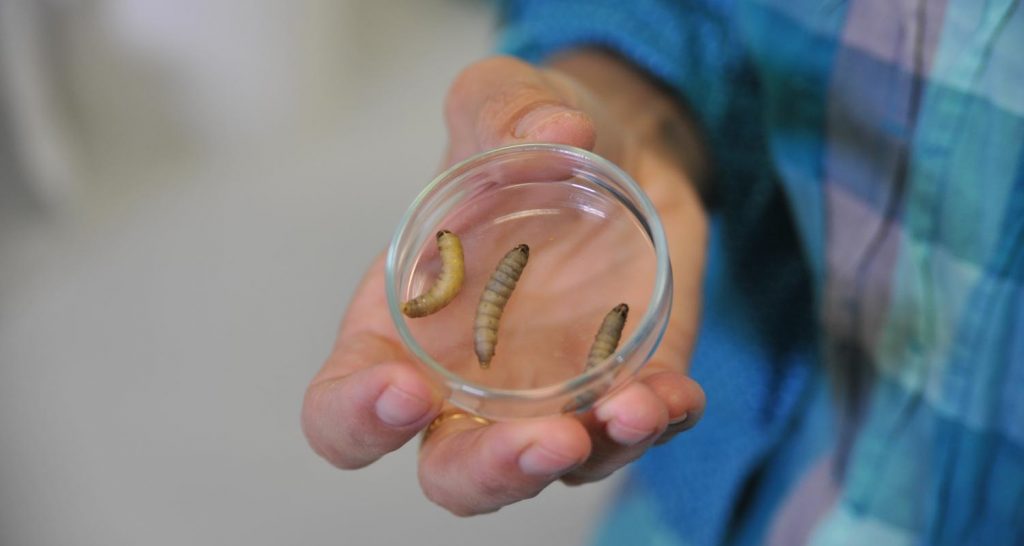
You already know that using a plastic bag is not a viable option, right?
But why not use plastic bags?
In case, you don’t know, need not worry! You aren’t alone, but there are many people like you who may not necessarily be aware of why.
Basically, producing single-use plastic bags consumes vast amount of energy and resources. That’s not all! What more dreadful is that most of those plastic bags eventually find their way to the ocean and landfill, causing havoc and often death for animals, sea animals, fish, birds, etc.
So, the serious problem with these poly bags is their disposability. Being designed for a single use, they are a threat to the environment. And this is probably the biggest reason why governments are rising to the call to combat the terrible effects of discarded plastic bags.
The ban-game…
While majority of the governmental efforts are at the local level, however, there are some major governmental entities who are seriously taking big steps in this direction.
- There are more than 40 countries including Mexico City, China, etc. where plastic bags are completely banned.
- Then there are regions like Ireland and Toronto where added taxation is imposed on plastic bags.
No doubt, these efforts are highly appreciable. However, the desired results still appear far to reach, isn’t it?
Among all this, there is one great news arriving. Actually, scientists have found that a caterpillar, which is commercially bred for fishing bait, posses the ability to biodegrade polyethylene. Yes, the same, one of the toughest and most used plastics, which are usually, found clogging up the landfill sites in different form of plastic shopping bags.
What is the new solution to plastic bags?
The trillion polyethylene plastic bags are incredibly resistant to breaking down. But the researchers are on the track to find a solution, and this time they had found it to be with a caterpillar commonly known as a wax worm.
The study has been conducted in Spain’s Institute of Biomedicine & Biotechnology of Cantabria. Actually, Federica Bertocchini was normally working away at her side hustle, when she discovered that these tiny insects could make a huge dent in the Earth’s vast plastic problem.

How it was found?
There were a bunch of wax moths in her hives, which were basically kept to munch on the wax that her bees need to make honeycomb. In the same, in a plastic bag she dumped those pesky critters. And it was on her return, when she found that they’d eaten their way out of the bag. It was then she teamed up with biochemists, Paolo Bombelli and Christopher Howe, to find out if and how these creatures were truly digesting the plastic.
Finally, the results were published in Current Biology Monday, presenting the significant role these creatures could play in the fight against environmental waste.
The further study explained that these worms can do damage to a plastic bag in less than an hour. Moreover, it was also found that the wax worms were not only ingesting the plastic, but also chemically transforming the polyethylene into ethylene glycol. As far as the wax worms are concerned, these don’t eat plastic normally. But it is suspected that this happened due to the ability of their byproduct.
While the research is in continue mode, but it truly appears as a ray of hope to get rid of plastic shopping bags. Isn’t it?





